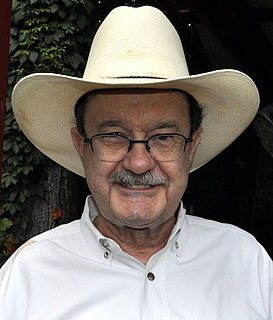A Quote by Zephyr Teachout
In Europe, populism is sort of a dirty word, but we have this wonderful history of populism in America, including the abolitionist populists and the white and black populists working together in the nineteenth century.
Related Quotes
Populism is at its essence just determined focus on helping people be able to get out of the iron grip of the corporate power that is overwhelming our economy, our environment, energy, the media, government. One big difference between real populism and what the Tea Party thing is, is that real populists understand that government has become a subsidiary of corporations. So you can't say, let's get rid of government. You need to be saying let's take over government.
A sort of angry populism here in the UK and across Europe, a sort of anti-political mood and what then steps into that place? In one episode [of Black Mirror] you won't have seen, there's a very simple gaming gadget that turns out to be a monstrous idea, which I suspect we will end up doing for real.
I am an abolitionist. What does this mean? Abolitionist resistance and resilience draws from a legacy of black-led anti-colonial struggle in the United States and throughout the Americas, including places like Haiti, the first black republic founded on the principles of anti-colonialism and black liberation.



































